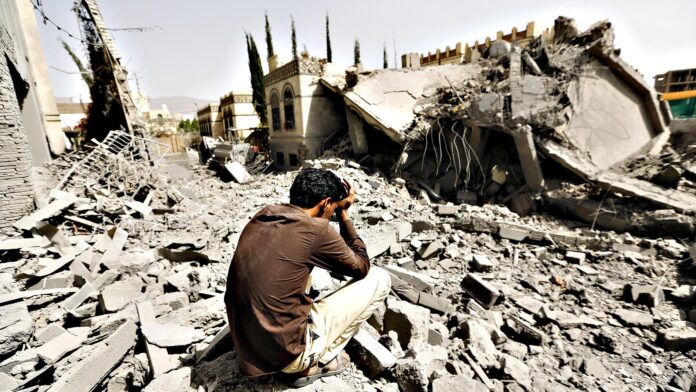Author: Jeremy M. Sharp
Affiliation: Congressional Research Service
Organization/Publisher: Congressional Research Service
Date/Place: March 2019, U.S.
Type of Literature: Report
Number of Pages: 17
Link: https://crsreports.congress.gov/product/pdf/R/R43960/32
Keywords: Houthis, United Nations, Saudi Arabia.
Brief:
This report gives an overview of the Yemen crisis. Entering its fifth year, the war has shown no signs of freezing. A U.S. and European-funded organization, the Armed Conflict Location & Event Data Project (ACLED), estimates that 60,000 Yemenis have been killed since January 2016. However, this figure excludes certain areas which have proved difficult to monitor. Despite the ongoing fight, the Special Envoy of the United Nations Secretary General for Yemen, Martin Griffith, brokered a cease-fire centered on the besieged Red Sea port city of Hudaydah, on December 13, 2018. Although the coalition and the Houthis initially agreed for the redeployment of their forces outside the Yemen’s largest port, the agreement remains unfulfilled. Both parties in Yemen have rejected the Obama and Trump Administrations’ call for a political solution. The Saudi-led coalition demands that the Houthi militia disarm, relinquish its heavy weaponry, and return control of the capital, Sanaa, to the internationally recognized government of President Abdu Rabbu Mansour Hadi, who is in exile in Saudi Arabia. As the stalemate continues, the reconciliation in Yemen demands more rigorous diplomatic engagement. However, lives of local Yemenis are in shatters. The United Nation has termed it as the worst humanitarian crisis in the world,estimating that almost 80% of Yemen’s population depends on some form of assistance. The United Nations notes that 230 out of Yemen’s 333 districts are at risk of famine, as humanitarian assistance is “increasingly becoming the only lifeline for millions of Yemenis.”
By: Usman Khan Pathan, CIGA Research Associate




